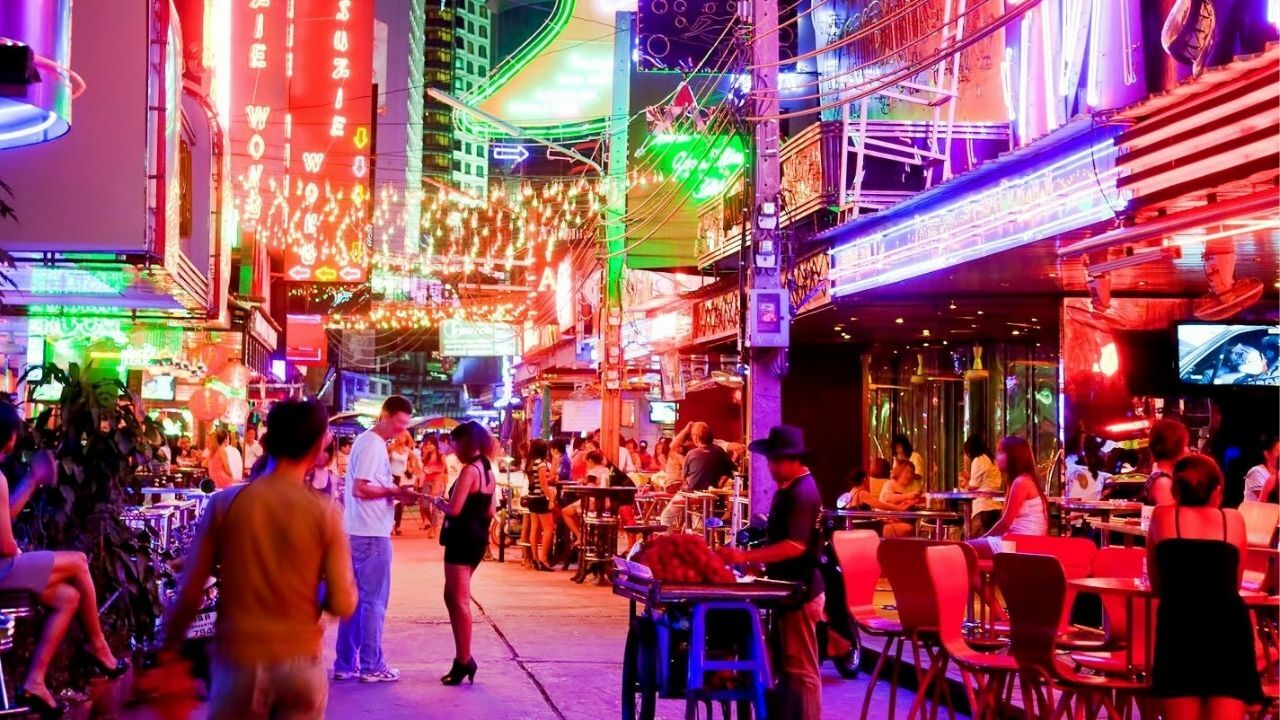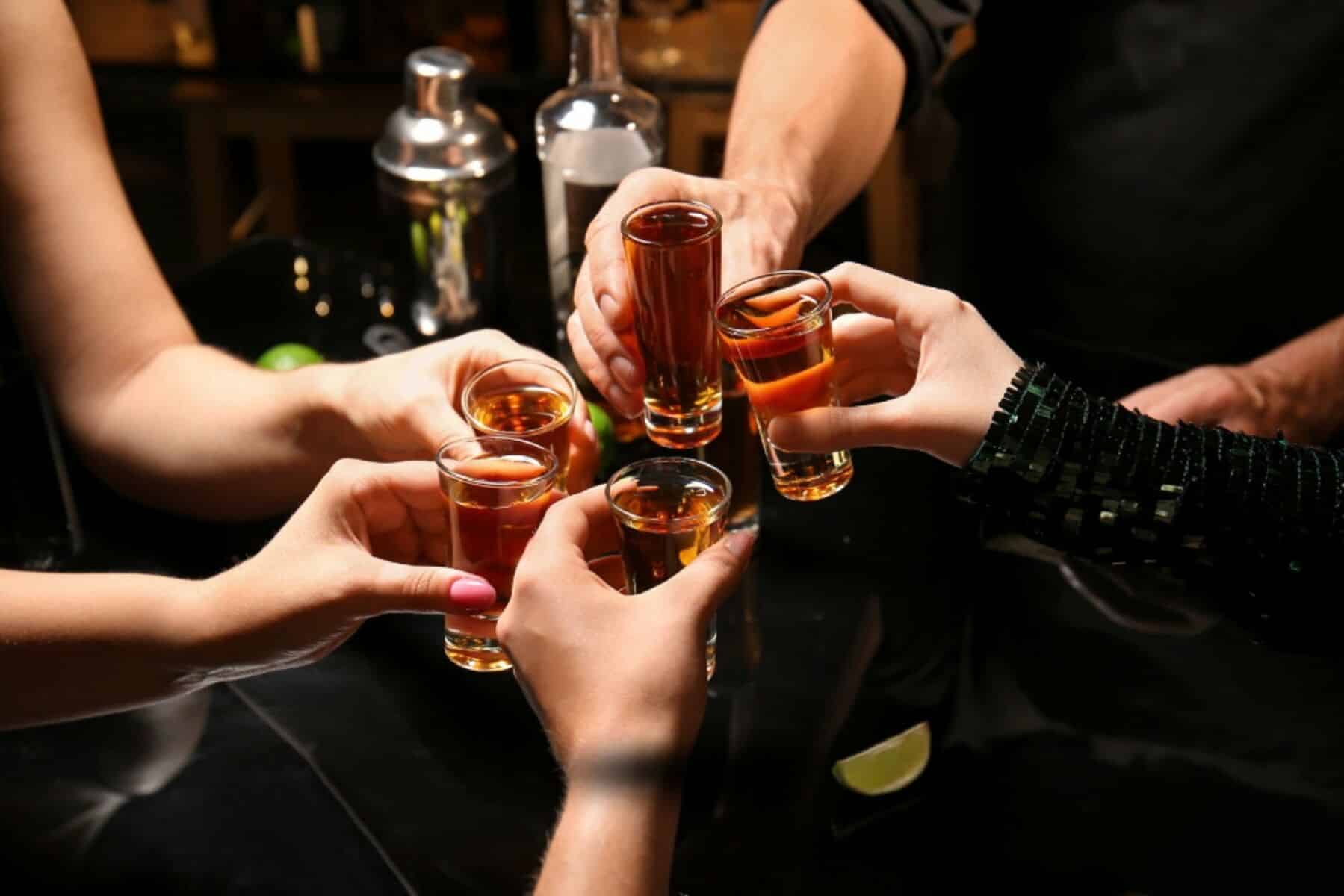

The Thai Ministry of Public Health anticipates the review of a new bill, which proposes amendments to the Alcohol Control Act 2008, to conclude later this month, according to Minister Somsak Thepsutin.
This legislation aims to eliminate outdated military-era sales restrictions, ease advertising curbs, and introduce stricter regulations, including increased fines for selling alcohol to minors.
The House of Representatives approved the bill in March, marking a step towards liberalising a market expected to boost tourism and support smaller breweries. The Senate is currently examining the draft, which will subsequently be sent to the Constitutional Court for legal review. Once enacted, the Ministry of Public Health will play a key role in enforcing the law.
In anticipation of National No Alcohol Day on July 11, coinciding with Buddhist Lent Day, Somsak highlighted the government’s Zero Drink, Zero Death campaign, which promotes abstinence to decrease alcohol-related deaths.
Until the legislation is finalised, several announcements regarding alcohol sales, including those on trains and in designated areas, are being addressed by the ministry. Dr Niphon Chinanonwet, director of the Office of Alcohol Control, indicated that the bill incorporates public feedback, notably increasing fines for selling alcohol to minors from 20,000 baht to 50,000 baht.
The bill also seeks to abolish the National Peace Keeping Council Order No 253 from 1972, which dictates legal alcohol sales hours, currently set from 11am to 2pm and 5pm to midnight. These hours will be reassessed by the National Alcohol Control Committee and require ministerial approval.

Dr Niphon emphasised that the bill aims to prevent conflicts with other laws and ensure the rights of both drinkers and non-drinkers. While 20-30% of Thais aged 15 and over consume alcohol, around 70% do not.
Furthermore, an order signed by the recently suspended Prime Minister Paetongtarn Shinawatra permitting alcohol sales at Hua Lamphong Railway Station will be published in the Royal Gazette. Dr Niphon stated that the station is deemed suitable for alcohol sales due to existing safety measures, although sales at other stations and on trains remain prohibited, reported Bangkok Post.
Regarding alcohol sales during major Buddhist holidays, Dr Niphon mentioned that two ministerial directives related to entertainment venues and tourism activities are pending. These directives cannot be enforced until the Ministry of Interior provides its recommendation to the health ministry.
The story Thailand eyes alcohol law reform to boost tourism and safety as seen on Thaiger News.
